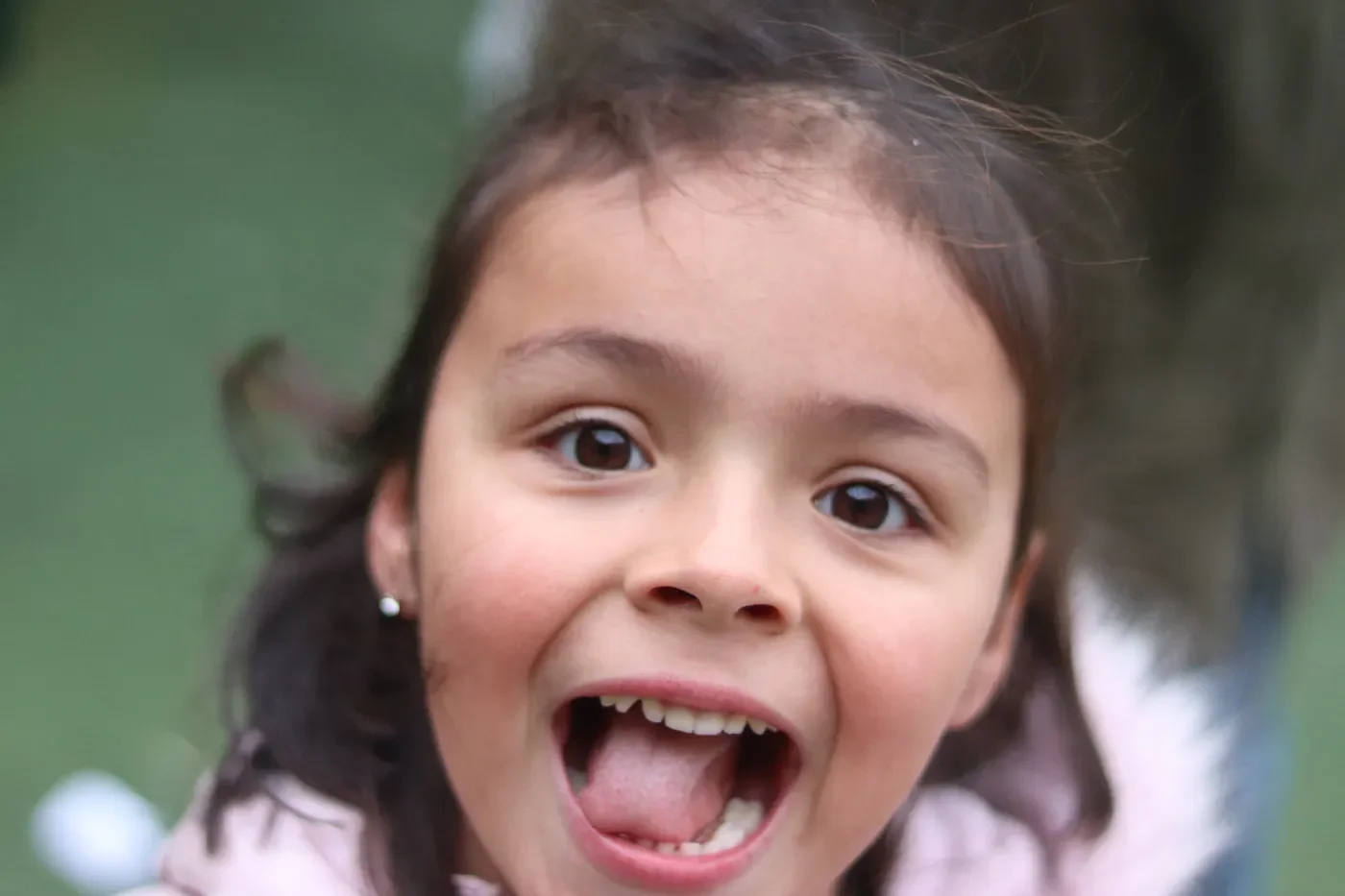Creating Holiday Memories Children Will Cherish
Enter the holiday season, I am reminded of a conversation I had with my friend Maxine a few years ago. It was shortly after the pandemic and we were telling stories about our Thanksgiving celebrations. Deprived of meaningful social gatherings for so long, we agreed that that first post-pandemic get-together felt like a precious gift. Maxine also pointed out, though, that it reminded her of how tough it can be to spend time with family.
She went on to tell me how she watched her teen-aged son wither under the attention of several well-meaning relatives. The boy had had his hair cut after wearing it long for most of his life. “The comments started almost immediately,” Maxine said. “‘Oh you look so great. I can see your beautiful eyes. You were so shaggy before. Now you look like a proper young man.’ And on and on.”
We have all been in situations like this, and we know that family gatherings can be especially hard for children. So how do we create Thanksgiving memories children will cherish?
Be mindful of the words you choose when speaking to and around children. Words are important – especially to kids, who, in spite of all appearances, listen to what we say very carefully and take it to heart. I started paying close attention to how we use words with children when my daughter was a baby. As she began to scoot around our apartment and explore, I found myself saying “be careful,” over and over and over. Did I actually want my little girl to be full of care? Of course not. I wanted her to be aware of her surroundings and how she moved around in them. “Be mindful” became my watchword phrase as I helped my daughter explore and learn. “Be mindful” is also a wonderful way to think about speaking with children: Be mindful of the words you are using and the impact they may have.
Use the Gates of Speech. This is an idea that is most often attributed to Rumi, the renowned 13th-century Sufi mystic and poet. (You may also have heard of it as the Sieves of Socrates.)
Here is how it works: Before I speak, I ask myself three questions about what I am about to say.
- Is it true?
- Is it necessary?
- Is it kind?
If my words do not meet all three criteria — don’t pass through all three gates — I keep them to myself or find a different way to say what is on my mind.
Relax. We adults have a tendency to police children – how they speak, how they act, what they wear, what they eat. This is particularly true when we go out in public.
Psychologist Jack Flasher coined the term ‘adultism’ to describe how we tend to see children as fundamentally inferior to adults. In a groundbreaking article in the journal Adolescence in 1978, he wrote, “Adults tend to see children in general as less capable than they are in actuality or could be if this bias did not exist…..Adultism may be expressed in part in not permitting, expecting, or encouraging a child to think, feel, or talk and generally behave in ways that facilitate the constructive evolution of his or her particular potentials, experiences, and unique personality.”
In other words, we need to learn to relax and let kids be kids. Give them the space to share their thoughts and opinions and truly listen to what they are saying – verbally but also emotionally and physically.
This holiday season, let’s all resolve to be the adults kids want to talk to and who boost children’s sense of self. The best way to do that is to resist the urge to pinch cheeks and make comments. Instead, let’s ask children mindful questions about themselves. For instance: “What do you really enjoy doing?” “What’s your favorite flavor of ice cream?” “Do you know any good jokes?” “What are you looking forward to during the holidays?”
And then listen with genuine attention and curiosity to what they have to say, even if their favorite ice cream flavor is vanilla with candied salmon (that’s a real thing, by the way). When we show an interest in children’s lives, we let them know that we want to see them, to know them as the unique, amazing people they are.
When Adults Lead With Authenticity, Children Thrive
The Guild is launching the Authenticity Works Initiative to spark a movement of caring adults dedicated to reducing children’s rates of anxiety, depression, substance use, and behavioral issues by supporting young people in their authentic development. Please join us. Follow us on Instagram and Facebook, and join our Substack and mailing list to learn more about the initiative. You can also make a donation to the Guild to help us continue our work creating spaces for children to thrive.

